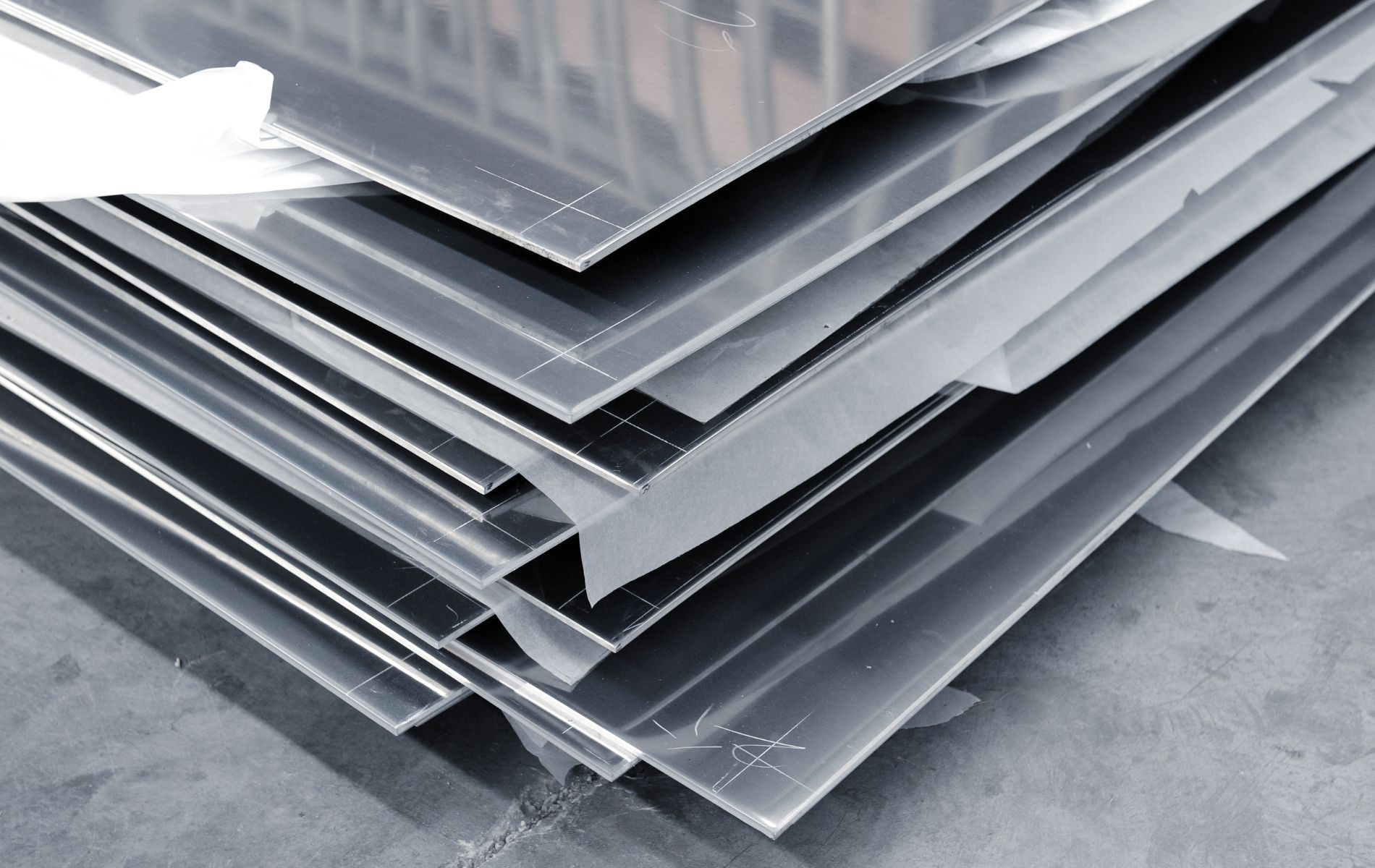
The Importance of Quality Control in Steel Production
Steel is a raw material employed in construction, automobile, and manufacturing sectors. There is a need to manufacture good-quality steel to ensure safety, durability, and performance. Quality assurance plays the pivotal role here. Top steel manufacturers have effective quality control processes to preserve industry standards and customer expectations. The requirement for good-quality steel in India has increased manifold, and so it is imperative that steel manufacturers India implement effective quality assurance processes.
Understanding Quality Control in Steel Manufacturing
Quality control in steel manufacturing entails systematic processes for ascertaining that the end product conforms to set standards. This is done through testing raw materials, tracking production stages, and checking finished products. Steel manufacturing firms utilize advanced technologies for the detection of defects and improving product reliability.
Key Aspects of Quality Control in Steel Manufacturing
1. Raw Material Inspection
Production of quality steel starts with good raw materials. Iron ore, coal, and scrap metal are acquired by steel producers India, which are produced to chemical and physical specifications. Testing of raw material includes:
- Analysis of chemical composition
- Testing of mechanical properties
- Impurity detection
2. Process Control in Production
Monitoring of the production process helps in maintaining uniformity. Automated systems are used by steel manufacturing companies to monitor parameters such as:
- Temperature control during furnaces
- Composition adjustment in molten steel
- Accuracy of rolling and shaping
3. Non-Destructive Testing (NDT)
In steel manufacturing companies India, defects are avoided through the application of NDT techniques, such as:
- Ultrasonic testing
- Magnetic particle inspection
- Radiographic testing These tests assist in detecting internal defects without compromising the steel.
4. Mechanical Property Testing
Steel strength and toughness rely on mechanical properties. Steel manufacturing companies perform:
- Tensile strength tests
- Hardness tests
- Impact resistance tests
5. Dimensional Accuracy and Surface Inspection
Quality steel must conform to accurate dimensions and surface finish requirements. Steel manufacturing companies India utilize:
- Laser scanning technology
- Visual examination for surface defects
- Automated thickness measurement equipment
New Technologies in Steel Quality Control
Technology has revolutionized the process of making steel. Steel manufacturing companies utilize:
- Defect detection using artificial intelligence
- Robots for quality checks
- Data analytics-based predictive maintenance
The Role of Certifications in Steel Quality Assurance
For international standards conformance, India steel manufacturers have the following certifications:
- ISO 9001 for quality control
- Indian standard certification
- ASTM conformance to export standards Challenges in Steel Quality Maintenance
Although with stringent conditions, steel-making companies face problems like:
- Inconsistency in raw materials
- Discrepancies in production
- Environmental regulation To overcome the above, steel manufacturers India invest in green technologies and R&D.
Benefits of Quality Control in Steel Manufacturing
Adopting rigorous quality control practices advantages steel manufacturing firms by:
- Prolonging product lifespan
- Minimizing defects and wastage
- Establishing customer confidence and satisfaction
- Compliance with international standards
Quality control is the lifeline of the steel industry. Top steel manufacturing firms and steel producers India adhere to rigorous testing, superior technology, and industry regulations to provide the best class steel product. With the increasing demand for quality steel, sustained quality control improvement will drive the industry’s future direction and provide consistency and excellence in products.
